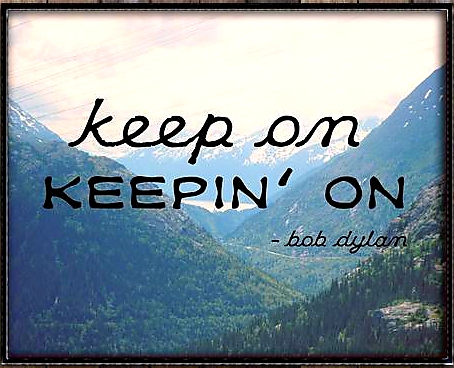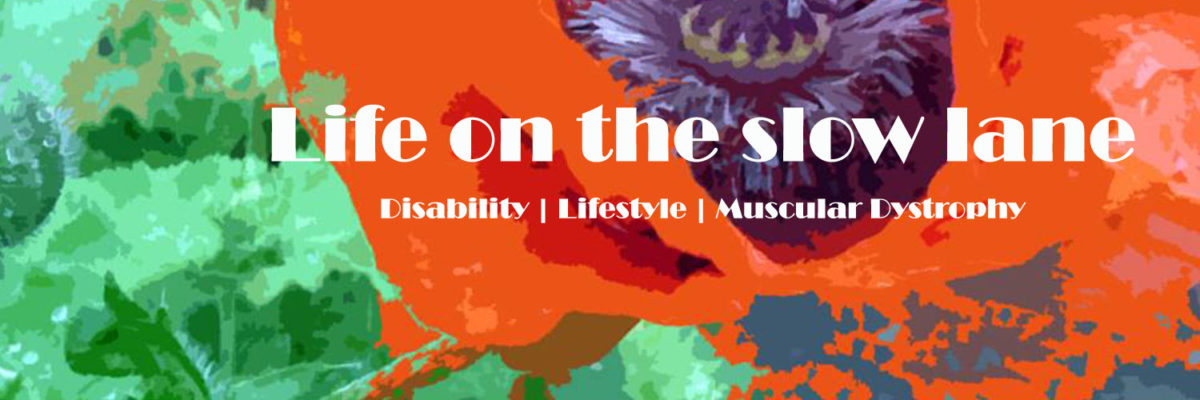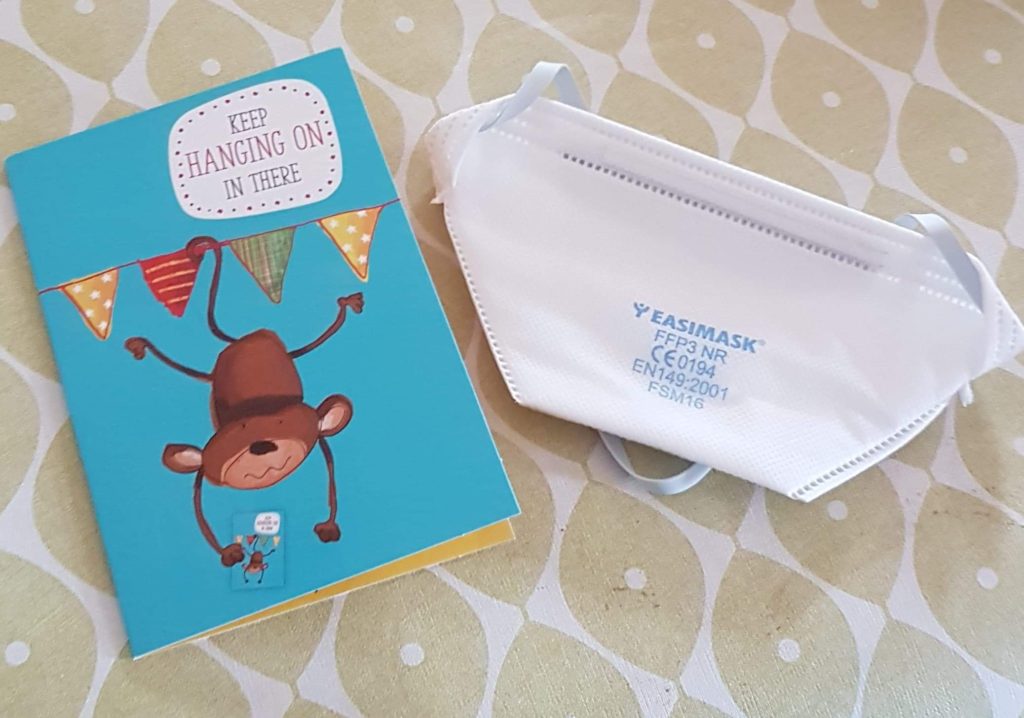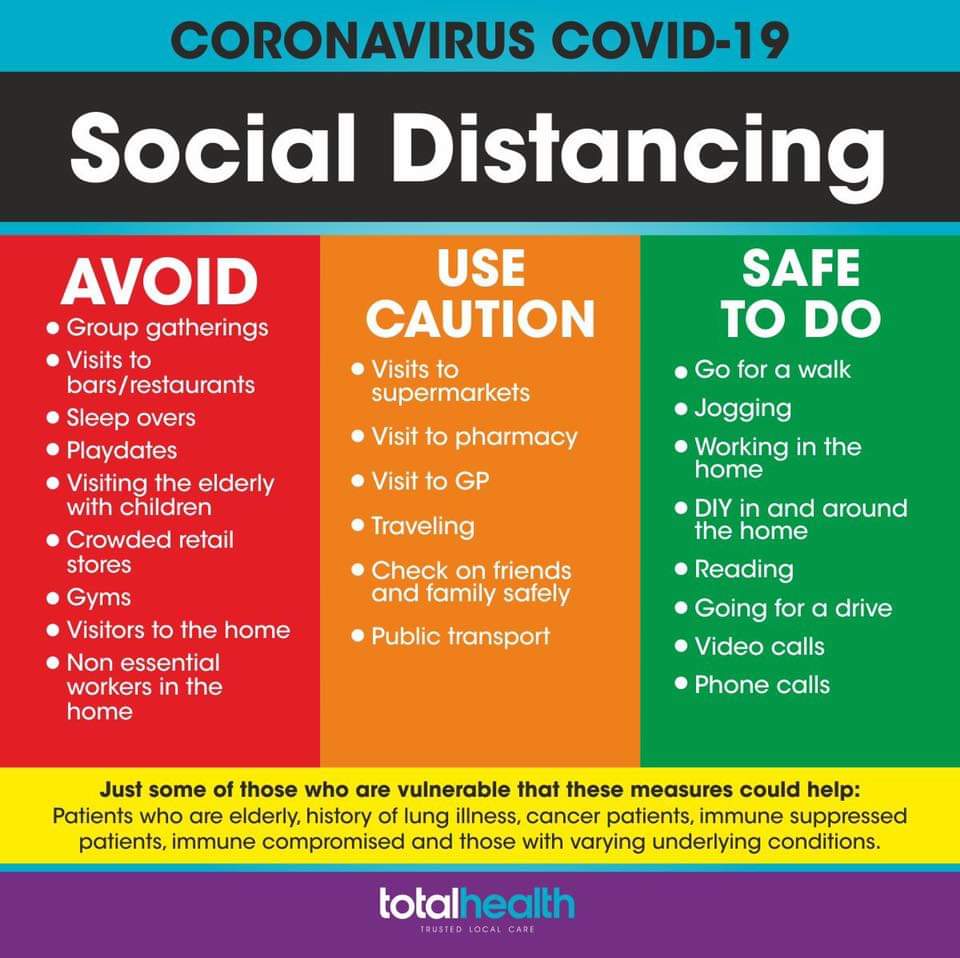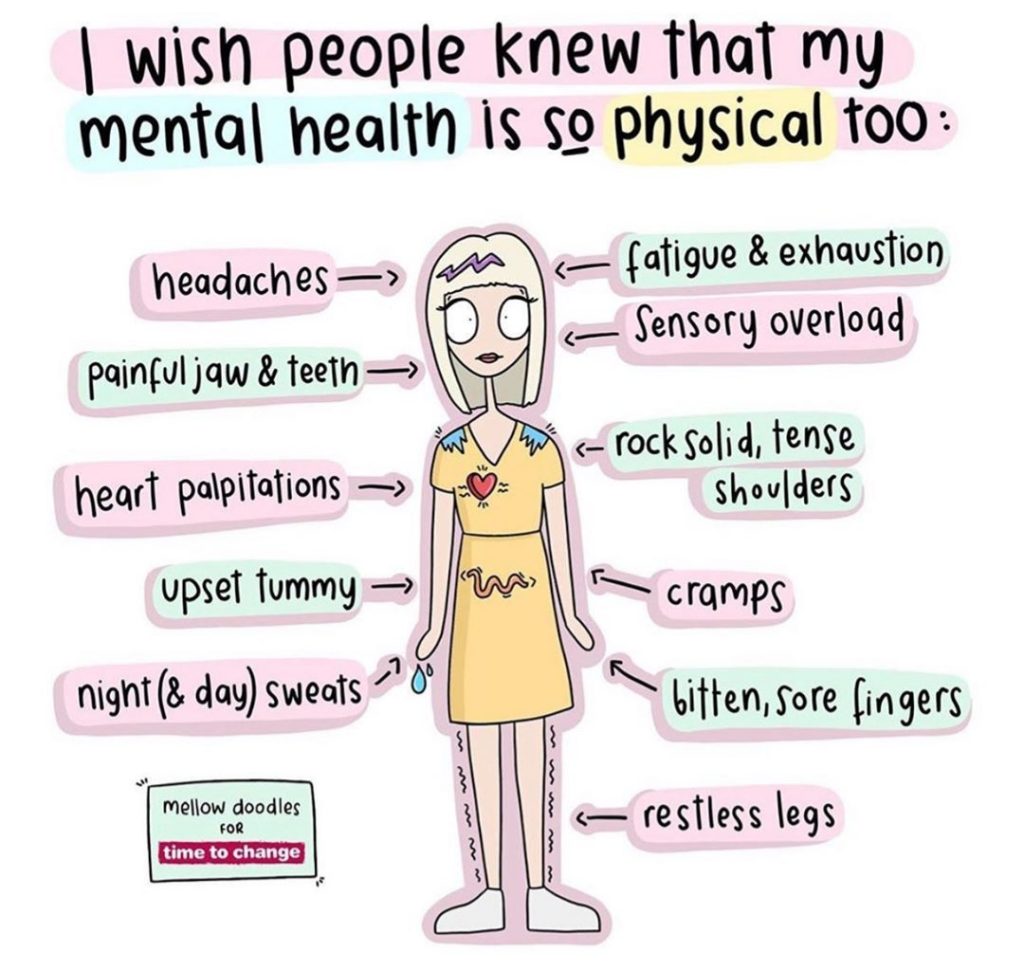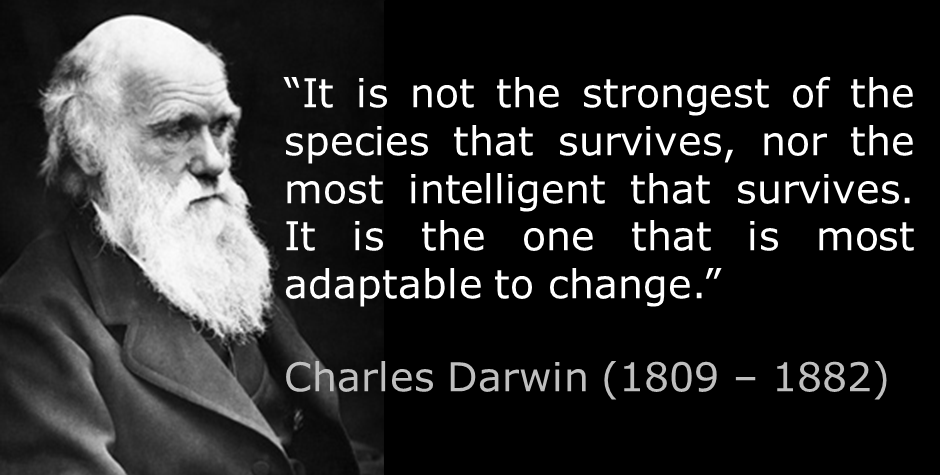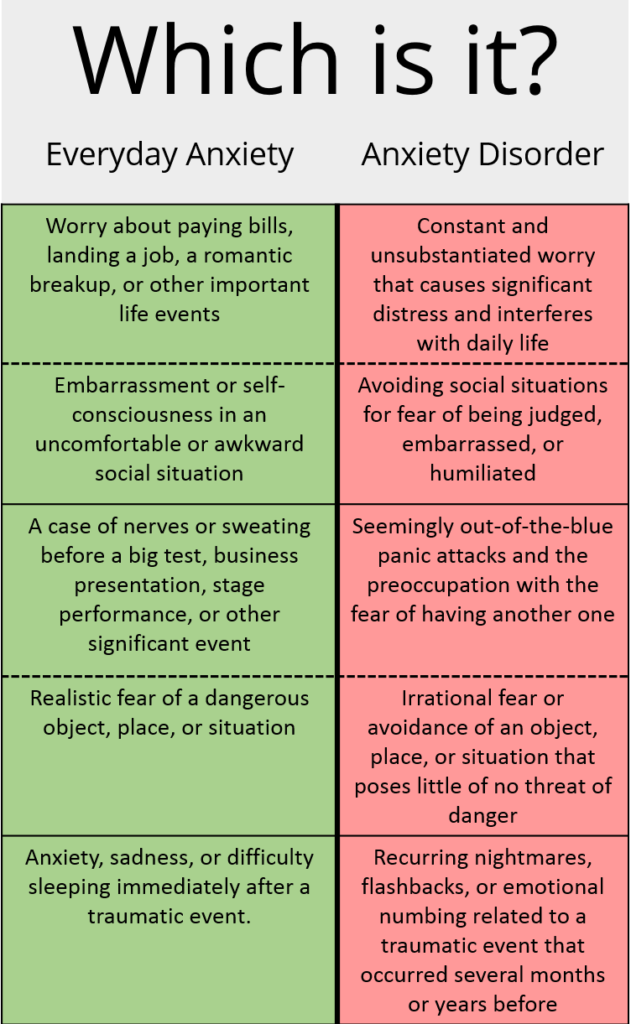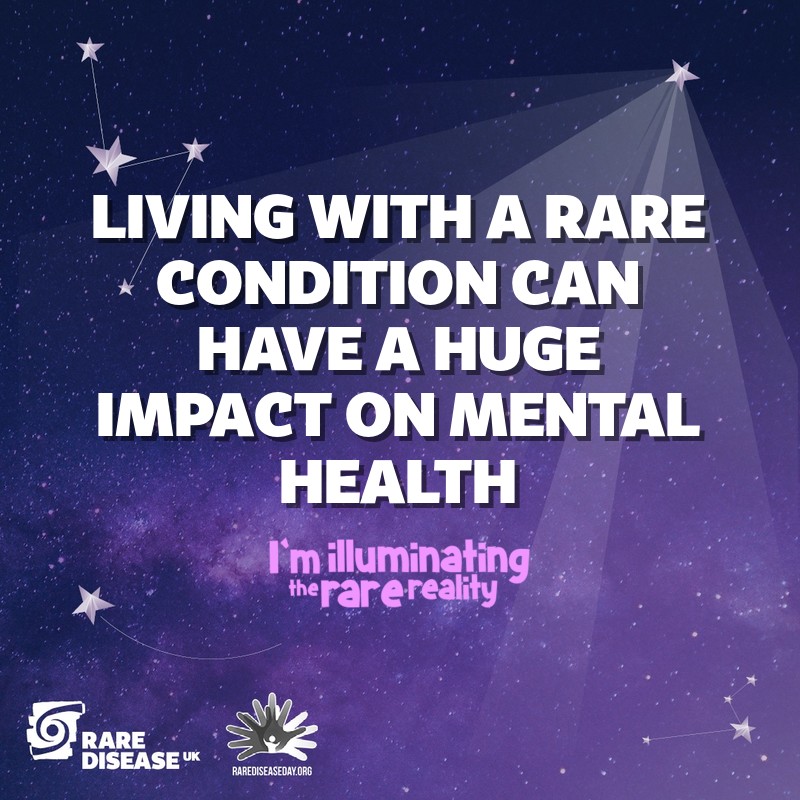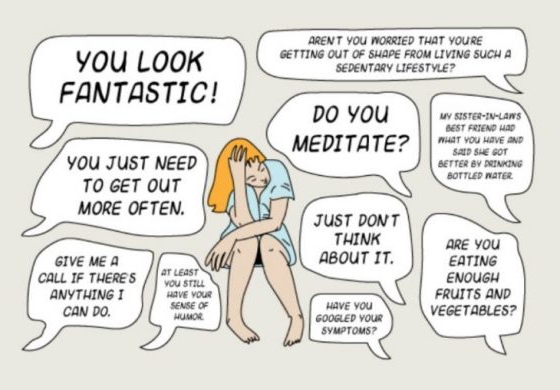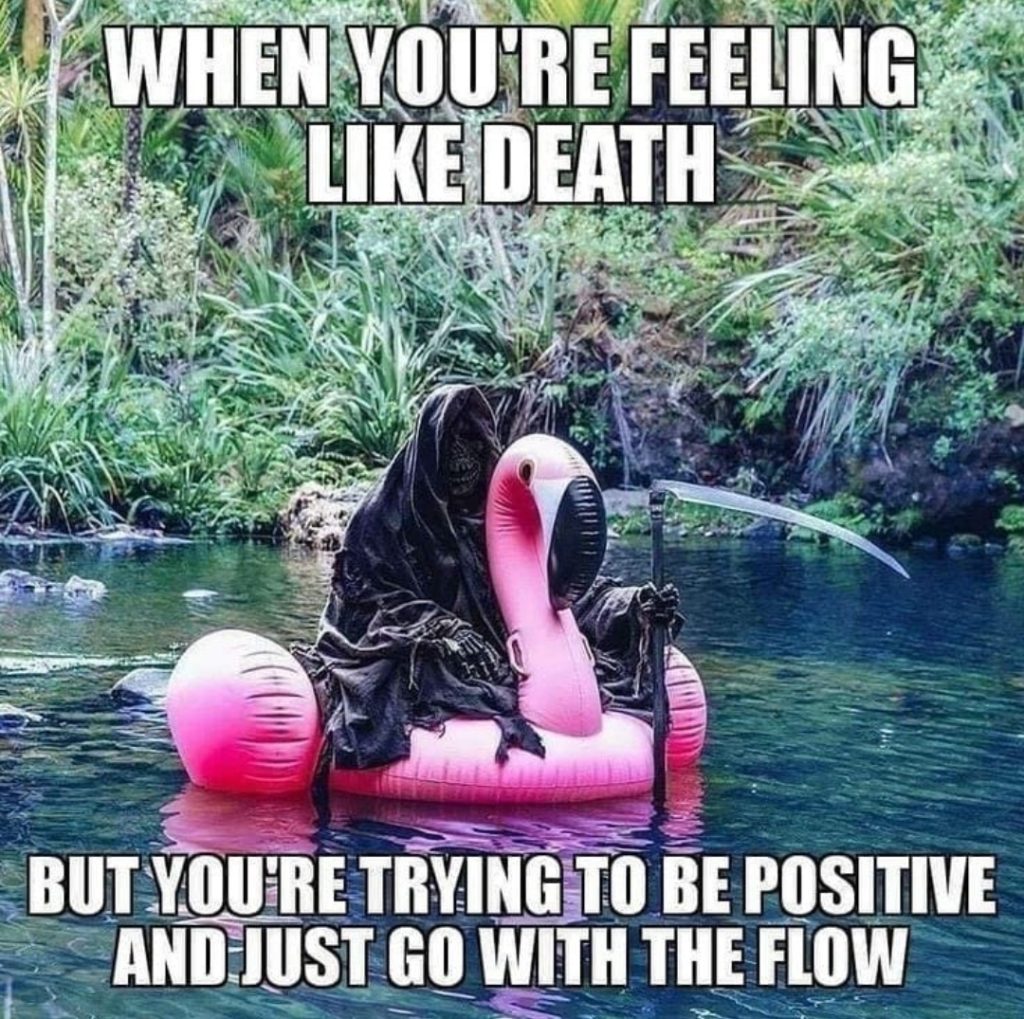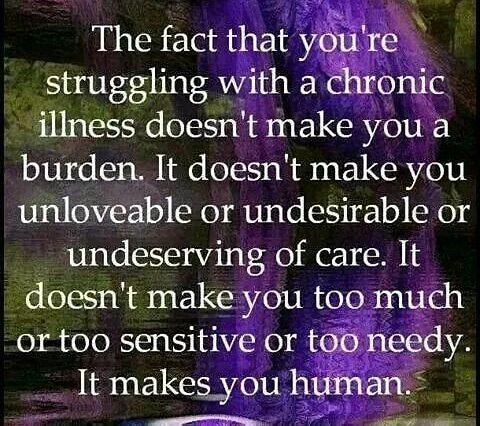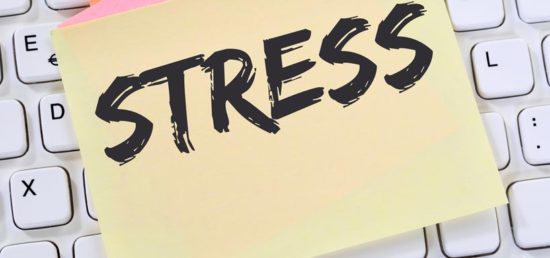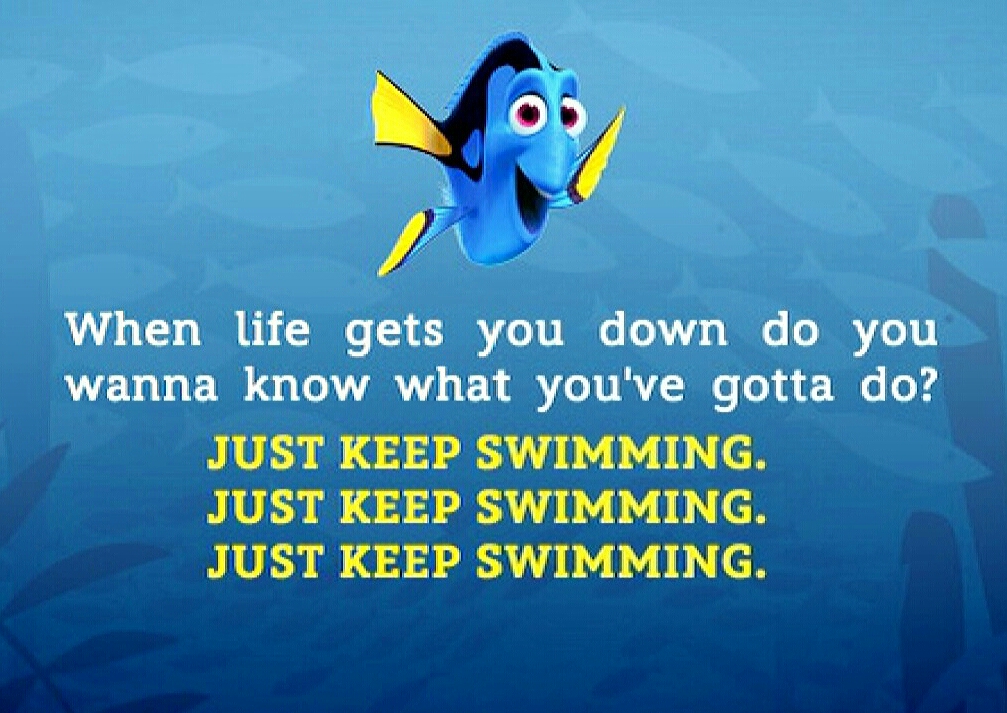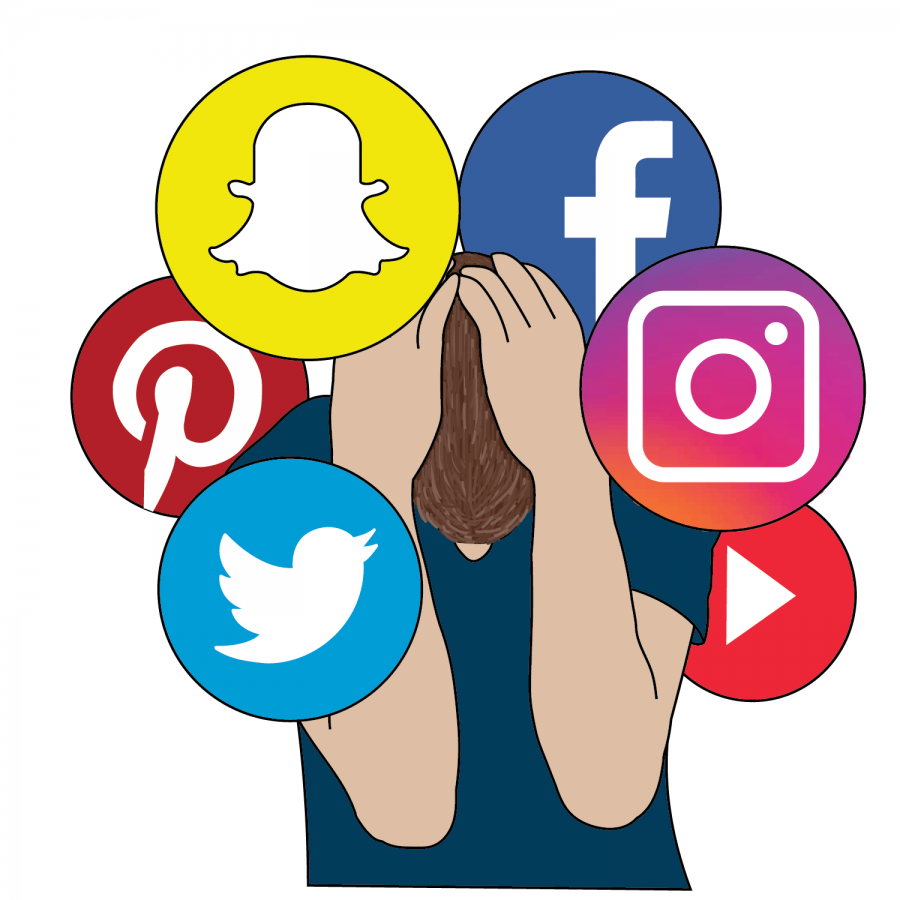Here is my latest interview, with Janine Shepherd, for Disability Horizons.
Janine Shepherd: A Broken Body is not a Broken Person
Former elite athlete and celebrated author, Janine Shepherd shares her inspirational story in the best-selling memoir, Defiant: A Broken Body is not a Broken Person.
It chronicles her journey following a tragic accident that cut short her bid to compete in the 1988 Calgary Winter Olympics.
Partially paralysed and suffering life-changing injuries, Janine made the courageous decision to let go of her former life and face adversity head-on, creating a new dream for herself.
Here I speak to Janine about her journey, the challenges she has faced and how she’s reinvented herself and her outlook.
Hit by a truck in 1986 during a bicycle ride in Australia’s Blue Mountains, Janine was not expected to survive. Told by doctors that she would never walk again, nor have children, she spent the next few years rehabilitating her permanent disabilities and defying all the odds.
A mother of three, best-selling author, public speaker, aerobatics pilot and the first female director of the Civil Aviation Safety Authority, Janine speaks candidly and with humility about how and why she reinvented herself and changed her self-perspective.
Janine, please tell us about your disability and how it continues to affect you.
The accident gave me severe spinal cord injury – I broke my neck and back in six places. After extensive surgery and rehabilitation, there was just about enough nerve connectivity to be able to learn to walk again, albeit with a significant limp.
Now, in addition to significantly wasted lower leg muscles, I have limited feeling from the waist down and chronic bladder and bowel dysfunction. I also have to self-catheter a lot, which results in regular urinary tract infections. Your readers might agree that these issues are possibly the worst part of living with spinal cord injury.
‘Janine the machine’ is how you referred to your old self – the elite cross-country ski racer. Do you feel this remains a true representation of your character? If not, how would you now define yourself?
Even though I felt that my body was ‘broken’ after my accident, I realised that my spiritual essence and mental toughness remained unchanged. I soon learned that being ‘Janine the machine’ had less to do with athletic prowess than unshakeable determination and persistence. Recognising that gave me the strength to reinvent my life in a most remarkable way.
Following the accident and being unable to walk, you focused on learning to fly. In your book, you state: “I had to find something to replace what I had lost in my accident”. Why was it so important to set yourself such an ambitious goal?
We often define ourselves by things outside of us – our jobs, our relationships, the roles we play in life. When we lose those things, who we are and everything we believed in is challenged. When we experience such immense loss in life, whatever form it may take, it is very easy to slip into despair, which is what happened when I got home from the hospital. Flying filled me with so much joy and gave me the inspiration and hope that I really could rebuild my life in an unlikely and extraordinary way.
The feeling of despair was almost inevitable. You state that you suffered depression on returning home after a six-month stay in hospital. How did overcome this?
I overcame the despair by throwing myself into flying as well as my physical therapy. At first, this was more discipline than it was a spiritual or emotional triumph. I simply interrupted the pattern of depression by charting progress on all fronts, no matter how incremental it may have been from one day to the next. This helped to refocus my life and channel my depression elsewhere. Hope and application proved to be powerful antidotes to depression.

You discuss your choice to keep fighting versus letting go and accepting not only your body but also the circumstances. This led you to stop asking “why me?” but rather, “why not me?” Why was it so essential to change your perspective?
Before my accident, I had led a very narrow life in that all of my friends were athletes of some sort. In hospital, I met so many other people, whom I would normally not have met. This opened my eyes to the fact that I wasn’t alone on this journey.
Even though we came from very different walks of life, we experienced similar struggles with acceptance and recalibrating how to live life post-recovery. Equally important, we had in common the typical hopes and dreams of anyone for a ‘normal’ life once we left the spinal ward.
You have faced great adversity on a number of occasions. Having rebuilt your life following your accident, you then later experienced the upheaval of divorce and financial ruin. What gave you the strength to once again thrive and persevere despite these challenges?
I developed a philosophy very early on in my days as an athlete called ‘loving the hills.’ One of my racing advantages was that I took on the climbs my competitors dreaded with a passion. That not only made me physically stronger but mentally tougher as well.
This proved to be more than just a training philosophy; it became my choice as a way seeing and living life. Ski races and life experiences are both full of hills; loving them not only gave me a competitive edge but also developed my resilience. So when faced with a life challenge that, metaphorically, looks insurmountable, I take that on as just another ‘hill’. Loving it, not fighting it, teaches me the lessons I need in order to grow into a wiser and more compassionate person.
One of the themes of your book is the concept of disability. You emphasise the importance of believing in the power of potential and adopting a defiant mindset, so that one may not be defined by their physical limitations. Can you share your outlook on disability?
I went from being a gifted, multi-sport athlete to having to relearn how to walk. So, it took me years to finally and fully accept that I am a woman with a disability. At first I felt embarrassed by many aspects of my spinal cord injury, bladder and bowel dysfunction.
However, as I look back and see how much I have achieved, despite my challenges, and how much I have overcome, I feel like the aspect of loss in my life is no longer something to try to hide. Instead, I’m proud of being able to acknowledge my disability and put my energy into making the best use of my gifts.

Despite your many life-altering setbacks, you write with great humour, humility and encouragement. How have you managed to maintain such a positive and empathetic attitude? And do you feel that humour is important in maintaining a healthy outlook?
I absolutely feel that being able to laugh at life is an essential part of the healing process. I tell others not to take life too seriously or you’ll cloud the experience. There are so many documented mental and physical health benefits of laughter. Humour helps me to deal with chronic pain, something that remains a part of my life on a day-to-day basis.
You state that the loss of your athletic career and your physical limitations ultimately allowed you the freedom to embrace life’s potential and infinite possibilities. This is a remarkably refreshing and open-minded viewpoint. How have you ensured that you are defined by your accomplishments rather than your broken body?
I believe that life is about loosening our grip on the things that we feel entitled to. Many of the ancient teachings state that this only leads to suffering. When we let go of the life that we feel we should have, we gain the freedom to see the world through new eyes, and create a more ideal life we can only then envision. This is the gift that comes from realising that life is not about having it all, but loving it all, even the painful parts.
Finally, what do you hope readers will take away from your memoir?
I believe that each of us serves both as companion and as mirror to those we meet along the way. When we accept that we are not alone on our journey, and just how precious and short it is, we become open to seeing the world from a perspective of love and hope.
We then understand that, despite the inevitable life challenges, we always have the choice to reinvent our lives and embrace the new with a sense of wonder and joy. My sincere wish is that my story helps each reader better connect with his or her defiant human spirit. And, that doing so serves to foster the pursuit of the uniquely rich, extraordinary life that awaits every one of us.
I would like to thank the wonderful Janine Shepherd for speaking with me.
